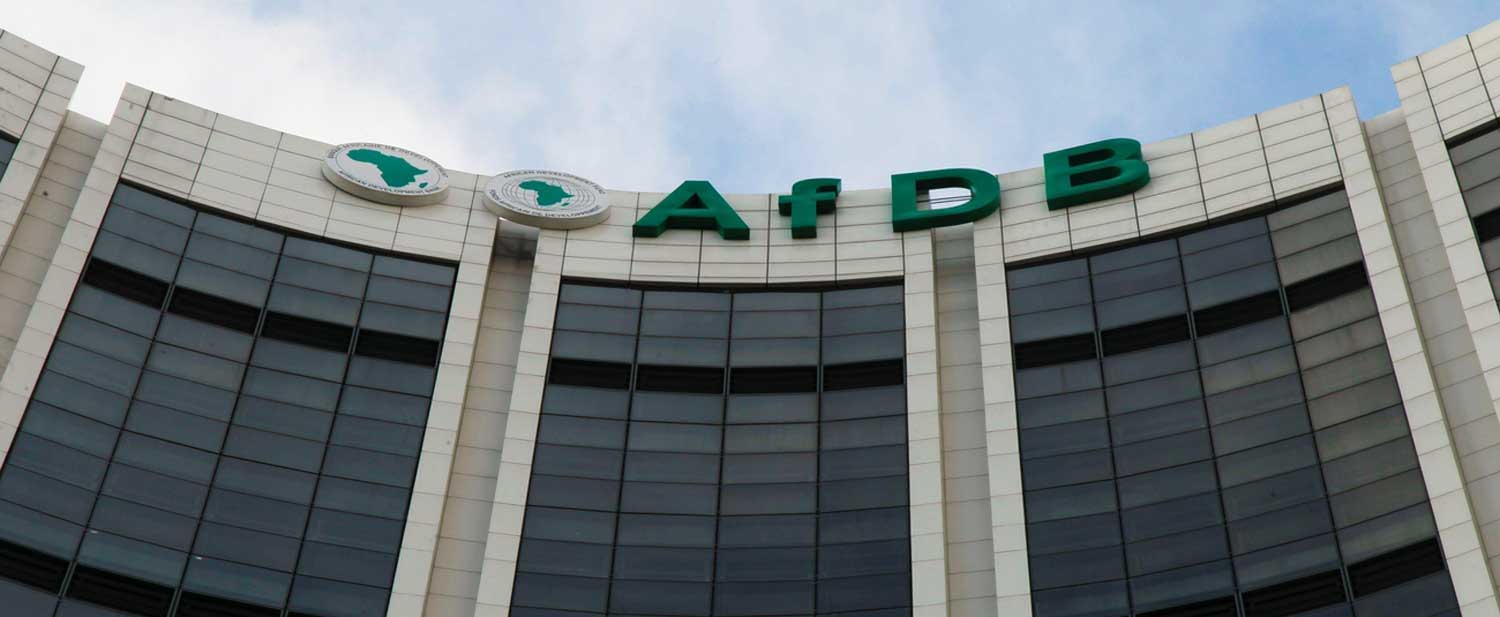


AfDB proposes strategic measures to tackle Africa’s debt and forex issues
The African Development Bank has outlined key strategies for Nigeria and other African nations to address rising debt burdens and foreign exchange difficulties.
These insights were shared by the Bank’s Vice-President for Economic Governance and Knowledge Management, Prof. Kevin Urama, in a recent interview with the News Agency of Nigeria.
Urama discussed Nigeria’s debt profile, emphasizing that when strategically managed, debt can be a powerful driver of economic growth. He pointed out that debt for growth is a well-established strategy for economic development, but highlighted that the structure and quality of the debt are crucial for ensuring long-term sustainability.
The AfDB’s Chief Economist expressed concern over the growing reliance on short-term, high-cost commercial loans in many African nations, which increases refinancing risks. He explained that countries often face difficulties in repaying these loans before investments mature, forcing them into a cycle of refinancing under unfavorable terms.
Urama urged governments to focus on securing longer-term loans with lower interest rates. He stressed that such loans, backed by clear investment strategies that generate sustainable returns, would be more beneficial in managing national debt.
For Nigeria, Urama suggested that the focus should shift from the scale of borrowing to how borrowed funds are utilized. He emphasized that investments in infrastructure that promote both short- and long-term growth could turn borrowing into a strategic economic move.
Turning to foreign exchange and trade, Urama identified Africa’s heavy reliance on imports, particularly food, as a significant vulnerability. He pointed out that geopolitical disruptions, like the ongoing war in Ukraine, have exposed the risks of this dependency.
“Africa has no business importing wheat from Ukraine when the continent holds 65% of the world’s remaining arable land and has a young, dynamic population capable of driving agricultural productivity,” he remarked.
Urama highlighted the AfDB’s initiatives, such as the AgriPreneur program and Special Agro-Industrial Processing Zones, designed to unlock Africa’s agricultural potential.
He cited Ethiopia’s rapid transformation as a success story, noting that the country went from being a wheat importer to a wheat exporter in just four years through targeted agricultural investment. This, he argued, shows that Africa can achieve food self-sufficiency and even emerge as a global exporter.
Urama also underscored the role of political stability and sound macroeconomic policies in addressing broader economic challenges in Africa. He pointed to Botswana as an example of how stable governance can attract foreign investment and stimulate economic growth.
“When political stability and good governance are in place, the cost of capital decreases, investments flow more freely, and economic growth accelerates,” he said, emphasizing the importance of long-term strategies to foster both political stability and effective economic management.
In conclusion, Urama stressed the need for Africa to focus on local production, reduce reliance on external financing, and stabilize currencies. By implementing these strategies, African nations could overcome debt and foreign exchange challenges, paving the way for sustainable economic growth.



